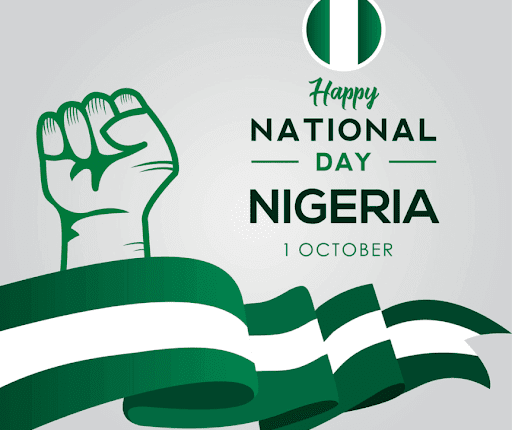Celebrating Nigeria’s Independence: A Journey of Resilience and Progress
Nigeria, often referred to as the “Giant of Africa,” achieved independence from British colonial rule on October 1, 1960. The significance of this day marks not only the end of decades of foreign rule but also the birth of a new nation with the promise of growth, unity, and self-governance. As Nigeria commemorates its independence annually, it is important to reflect on the journey of resilience, progress, and the challenges the country has faced and continues to overcome.
A Brief History of Nigeria’s Independence
The path to Nigeria’s independence was not an overnight event. It was a journey that began in the early 20th century when nationalist movements led by figures such as Nnamdi Azikiwe, Obafemi Awolowo, and Ahmadu Bello, among others, began advocating for self-rule. Through persistent efforts, protests, and diplomatic dialogues, these leaders laid the foundation for an independent Nigeria. The culmination of these efforts was the historic October 1, 1960, when Nigeria officially became a sovereign nation, free from British colonial control.
The Significance of Independence Day
Nigeria’s Independence Day is more than just a public holiday; it is a reminder of the country’s triumph over colonialism and the continuous quest for national unity. It symbolizes the strength and resilience of Nigerians as they strive for a better future. Independence gave the country the opportunity to chart its own path, with dreams of becoming a leading African nation both economically and politically.
Over the years, Independence Day celebrations have become a nationwide event, with parades, cultural displays, and speeches from government officials, all emphasizing the country’s diverse culture, rich history, and ongoing aspirations for development and peace.
Challenges Faced After Independence
The early years after independence were filled with hope, but Nigeria soon faced significant challenges that tested the young nation’s resolve. The Nigerian Civil War, also known as the Biafra War (1967-1970), was one of the most difficult periods in Nigeria’s history. The war arose from ethnic and political tensions and left deep scars on the nation. However, Nigeria emerged from the war with a renewed commitment to national unity and reconciliation.
In addition to internal conflicts, the country has also dealt with economic challenges, corruption, and political instability. Despite these issues, Nigeria remains one of Africa’s most influential nations, rich in natural resources and human capital.
Progress Since Independence
In the decades since gaining independence, Nigeria has made notable progress in various sectors. The country has seen advancements in infrastructure, education, and technology, particularly with the emergence of a vibrant tech scene in cities like Lagos. Nigeria’s economy, which is heavily reliant on oil, remains one of the largest in Africa, and the country has also become a cultural powerhouse, exporting music, films, and literature globally.
Nigeria’s political landscape has also evolved. Despite periods of military rule, the country has sustained democratic governance since 1999, with peaceful transitions of power. This democratic stability is a sign of maturity and an indication of the country’s long-term potential for growth.
The Road Ahead: Aspirations for the Future
As Nigeria celebrates another year of independence, the country continues to face numerous challenges, including poverty, unemployment, insecurity, and political corruption. However, Nigerians remain hopeful and resilient. The current generation is more engaged in political discourse, social activism, and entrepreneurship than ever before, all of which are critical to the nation’s progress.
Looking ahead, Nigeria’s future rests on its ability to harness its human and natural resources efficiently, maintain political stability, and foster unity in diversity. The next chapter of Nigeria’s story will be defined by how well it can overcome its challenges while leveraging its immense potential.
Conclusion
Nigeria’s independence is a testament to the resilience and strength of its people. While the journey has been filled with both triumphs and trials, the spirit of Nigeria remains unbroken. As the country moves forward, it continues to strive for a future where prosperity, unity, and peace reign. Celebrating Nigeria’s independence is not only about remembering the past but also about looking forward to a brighter tomorrow, driven by the hopes and dreams of every Nigerian.

